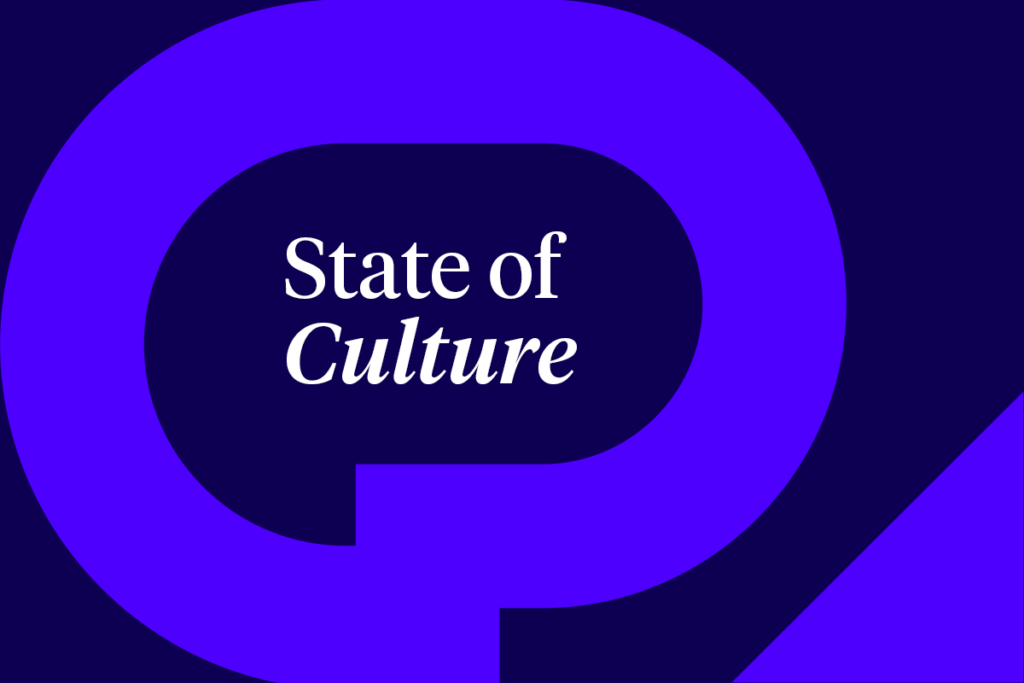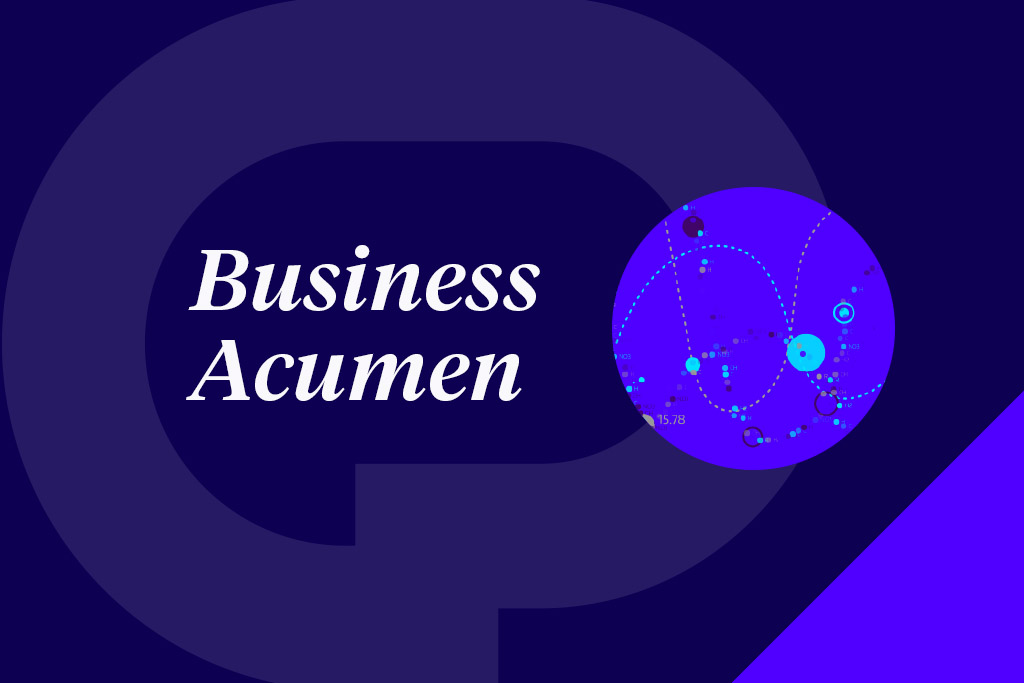When this video from the YouTube channel How Money Works first came out, dozens of people sent it to various Culture Partners executives, keynoters, and practitioners:
The video makes some good points, and is admittedly funny in parts, but it misses the bigger picture of the modern moment, especially post-COVID.
The idea of “culture” as essentially a synonym for “perks” is more relevant to 2010-2012, as America emerged from the doldrums of the 2008 recession and Big Tech companies took off. Big Tech, at the time — not so much now, with layoffs abounding — was famous for lavish perks, waffle bars, nap pods, and the like. That’s a decade-old narrative at this point, however.
Post-COVID, and especially in an inflationary and potentially recessionary environment, companies are embracing a more nuanced view of “culture,” in no small part because the perks aren’t as affordable as they were then.
“Culture” now, when done properly, means:
- Flexibility
- Support for employees
- Transparency
- Alignment of strategy and execution
- Some perks here and there
- Personalizing the results for employees
- Clearer career paths
All organizations exist on a continuum of “fully understanding and embracing” these elements to “not thinking about them at all, really.” Thankfully, most companies do get it and realize that the labor market right now is confusing, and retention is crucial. Retention doesn’t necessarily come from waffle bars; for the rare employee, it might. (Some people really like waffles.) Instead, retention tends to come from good managers, transparent discussions about goals and role, logical career paths, and the ability to work flexibility as opposed to being part of a constant “Green Light” (always on) syndrome.
The very nature of how we define “culture” has shifted, and that’s a good thing!
P.S. When we defined “culture” more as free breakfast and dry cleaning on-site, that was all well and good and made for nice b-roll in TV segments about those companies, but gradually most people also realized those “cultures” were designed to keep you at the office for the longest amount of hours possible. As some of our connections back to work shifted during COVID — people questioning the role of work in their lives, and how big that role should be — dry cleaning on-site became a lot less relevant to many. Flexibility is the new black.




